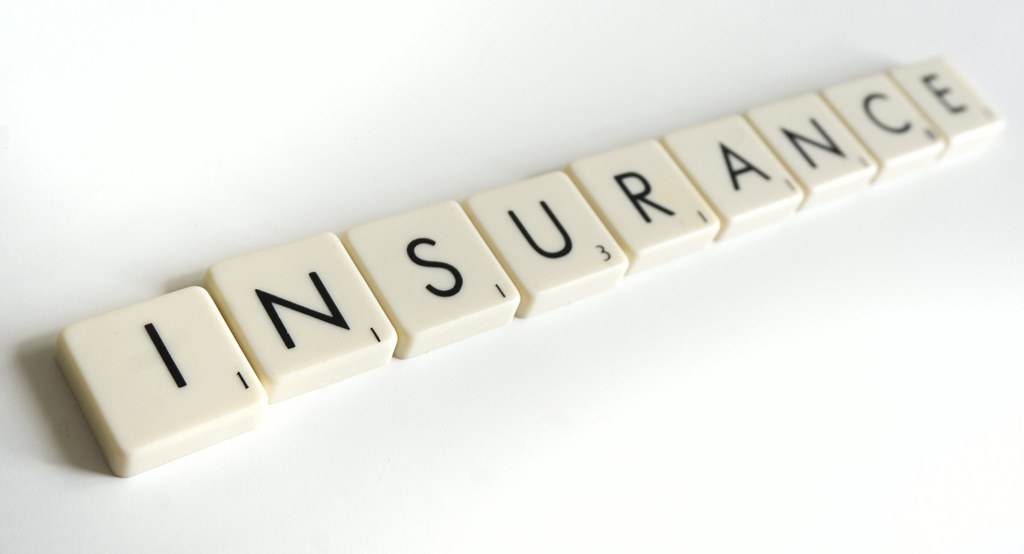The phenomenon, widely known as surprise billing, has troubled the United States for quite some time. It has been highlighted from time to time and fingers have been pointed at the insurance companies. The air ambulance industry is the only exception where it is being blamed for the excess bills that people are compelled to foot. Why so? The answer is obvious: the size of the bills is so big that it often makes headlines. In this context, the pertinent question to ask is this: is surprise billing a problem that is limited to the air ambulance industry? The answer is a resounding ‘no’.
Air Ambulance Services and the Concept of Insurance Network
Imagine a situation where you have to get checked for a potential disease that can be life-threatening. You take care to ensure that you choose a hospital that is within your insurance network. You are referred to a specialist and a few lab tests are ordered. A week later, you come to know that the specialist and the lab tests are not within the insurance network and you are expected to pay off the bills all by yourself. It seems like a no-win situation, right?
Whose Responsibility is to Verify Insurance Network?
It is unrealistic to expect the patients, who often are in emergencies, to verify network coverage before availing treatment. The responsibility must, therefore, be jointly shared by the service providers and the insurance companies. At present, that is not the case. This is the precise reason why surprise billing is so prevalent. In the case of air ambulance services, this amount is usually pretty steep, driving families towards bankruptcy. The blame ultimately is pinned on the air ambulance industry, which is not entirely fair. However, it must be noted that the medical flight industry is loosely regulated when it comes to billing practices and must be scrutinized too.


